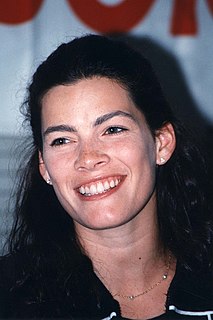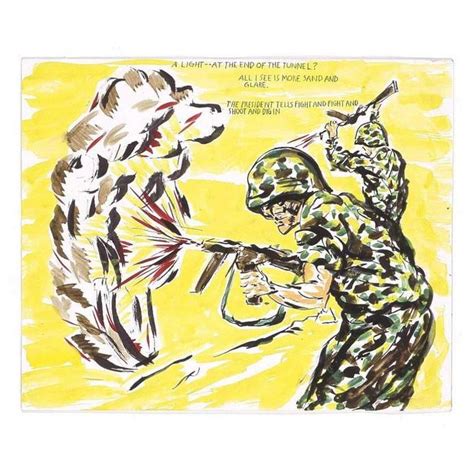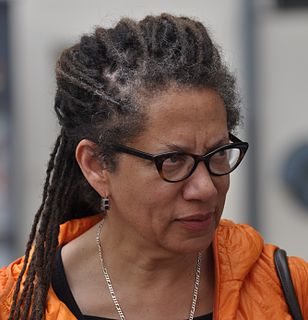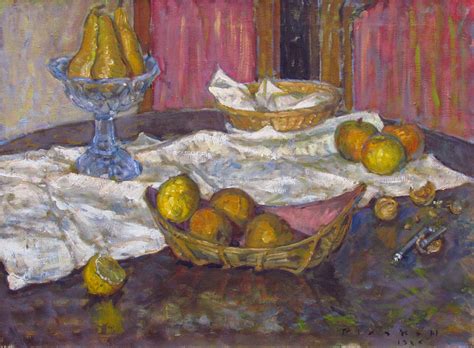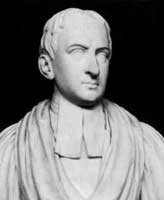A Quote by F. Sionil Jose
In the visual arts, particularly painting, I distrust all those abstractions, those artificial constructions. I have a very simple way of judging them: if I can do them, they are not art.
Quote Topics
Related Quotes
There are some arts which to those that possess them are painful, but to those that use them are helpful, a common good to laymen, but to those that practise them grievous. Of such arts there is one which the Greeks call medicine. For the medical man sees terrible sights, touches unpleasant things, and the misfortunes of others bring a harvest of sorrows that are peculiarly his; but the sick by means of the art rid themselves of the worst of evils, disease, suffering, pain and death.
Art is a funny thing. It's a communicative medium. It really is, and it works outside of literature, the movies, stage, it has its own realm. It's like when you say "The Arts," those are all the arts, dance, theater, ballet. So within that set of areas of expression, we have visual art and it is visual and it's about looking at something and seeing it in the light with our eyes, maybe touching it or not touching it, or wanting to touch it, not being able to touch it.
I won't forget those kind of things, but I just want to write them down and look at them. It's almost like when things like music come out and you're listening to a song and you have experiences with art or phenomena that supersede your simple relationship with them as just a piece of art. They're more than that. That's just what those quote are for me. They're big, they're important.
Anyone living, especially your peers, is a threat. You're judging them, they're judging you. This sort of criticism is as close to human nature as you can get. That can be a good thing sometimes. Jealously, rancor, competition, those can be good things in art. But it mostly puts you in a dangerous and disadvantageous position, and one that just takes away from you so much.
But shall gravity be therefore called an occult cause, and thrown out of philosophy, because the cause of gravity is occult and not yet discovered? Those who affirm this, should be careful not to fall into an absurdity that may overturn the foundations of all philosophy. For causes usually proceed in a continued chain from those that are more compounded to those that are more simple; when we are arrived at the most simple cause we can go no farther ... These most simple causes will you then call occult and reject them? Then you must reject those that immediately depend on them.
Personally I would like to have pupils, a studio, pass on my love to them, work with them, without teaching them anything.. ..A convent, a monastery, a phalanstery of painting where one could train together.. ..but no programme, no instruction in painting.. ..drawing is still alright, it doesn't count, but painting - the way to learn is to look at the masters, above all at nature, and to watch other people painting.





